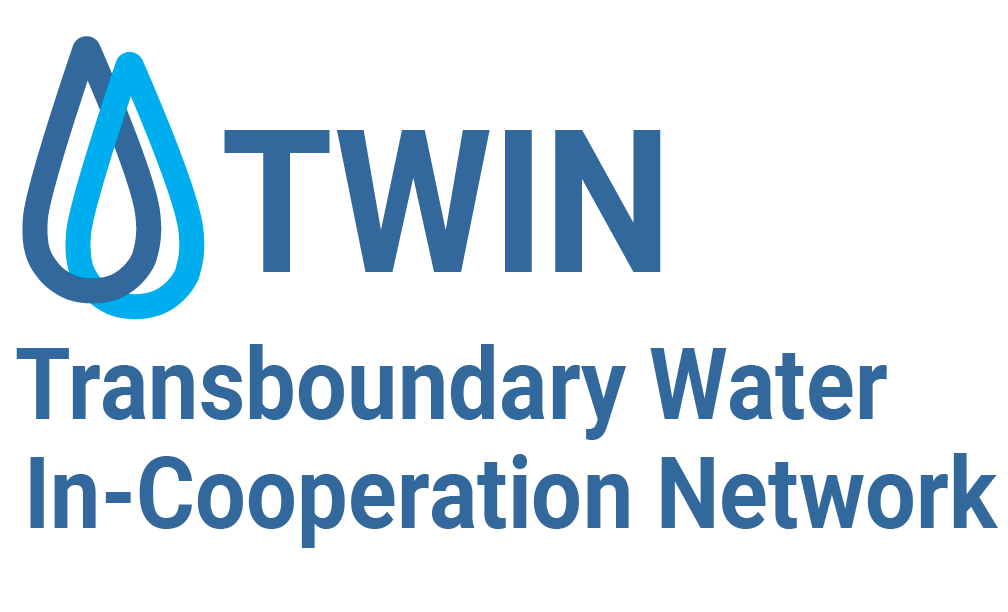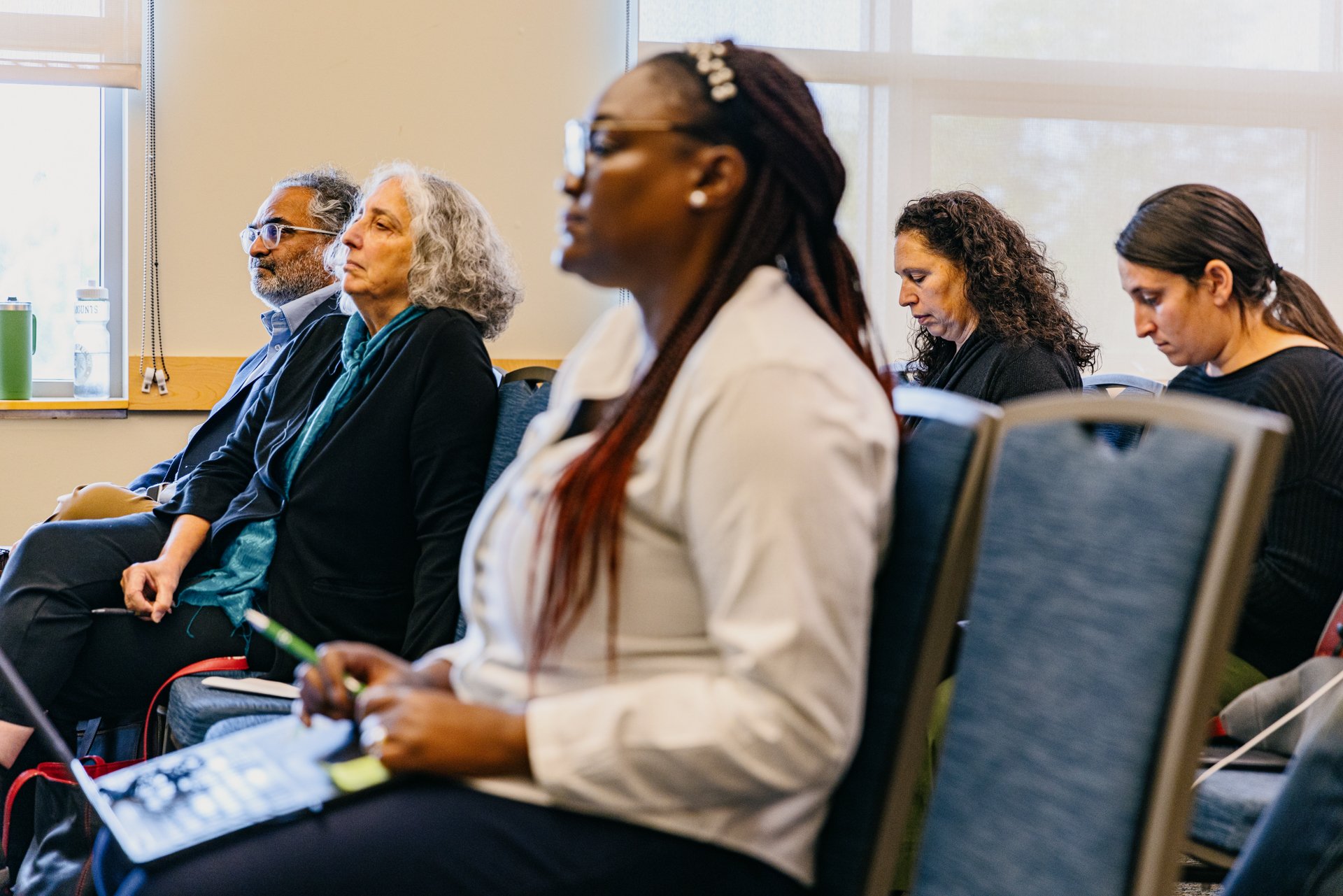Water is everything. We work to share it.
The Transboundary Water In-Cooperation Network, TWIN, carries out diverse activities to facilitate cooperation and collaboration between grassroots organizations, communities and scientific institutions. We engage stakeholders in Track II and Track III diplomacy across political, cultural, social, economic, and physical borders to bring collaboration and progress to all communities.
Join TWIN >
“Ensure availability and sustainable management of water and sanitation for all”
Our goals
Community Science
The first step is to use our network of networks to connect on the ground to a train and deploy 2,000 community scientists with water and soil sensors in 1000 communities. Using an open source databases and an interactive app the project will facilitate bidirectional knowledge transfer. Real-time water information will be disseminated to communities while harnessing local knowledge to feed into model development.
Leveraging artificial intelligence, modeling, and remote sensing expertise at the global network level, the team will co-develop an AI augmented, community-centric water security early warning early action systems that will harness mobile/web apps to catalyze anticipatory action at multiple governance levels (community, country, basin, global).
-
To catalyze community action for securing clean water and building climate resilience, a global network of 2,000 community scientists will be trained and empowered in local watersheds.
Community scientists will complete 2 trainings per year and ensure successful collection of sensor and grab data.
-
Description text Artificial Intelligence augmented water security early warning early action systems. anticipatory action at multiple governance levels (community, country, basin, global).
Satellite and field data will be harnessed to develop an early warning early action system.
1000 water quality sensors (1 sensor per community)
10000 soil sensors (10 sensors per community)
The deployment of AI-WASEWS will strengthen adaptive capacity and build community resilience as goes here
Transboundary Water Data Collection and Platform
TWIN helps our network participants to identify the information such as data, research, reports and mutually beneficial technical solutions to improve the quality of water resources. To promote transparency and scientific accessibility, we make our transboundary water data including hydrological, socio-economic, land-use, atmospheric and oceanic climate data accessible and secure to all.
Community engagement and capacity building
We engage communities and grassroots organizations to help improve water use practices, public health, and access to information. Our network prioritizes community involvement through citizen science initiatives, educational and awareness campaigns and working with individuals and communities to make land-use decisions to help resolve water scarcity and quality issues.
Nature-Based Solutions (NBS)
Natural systems enable human resilience in face of climate extremes and rapid changes to the environment. Leveraging nature-based solutions requires tacit and place-based knowledge that can be augmented by remote-sensing, continued monitoring and analytical support systems.
Crowdsourcing apps and in-person focus groups with vulnerable populations will be implemented to gather an inclusive response from a broad range of stakeholders in each basin to identify feasible portfolios of NBS and facilitate fund-raising from international agencies and social capital investors to implement the prioritized NBS.
-
Portfolio of nature based solutions will be co-designed with communities in consultation with community scientists, policy makers and social capital investors.
Based upon the synthesis of the data gathered from Science and Diplomacy programs, initial assessment of NBS portfolios will be co-configured for each community.
The NBS portfolios will be refined and converted into project plans/proposals for accessible donors.
Diplomacy
While diplomacy around water security through official government channels has varying levels of success, unofficial exchanges between scientists and communities across borders play an important role in the solution of international conflict and in the management of socio-ecological systems that span across man-made borders. This type of diplomacy is known as Track Two and Track Three diplomacy — the former being between scientists, academics, civil society organizations, and the latter between communities at the grassroots level.
We will hold thirty Track-2 (scientist-scientist) and Track-3 (citizen-citizen) environmental diplomacy workshops over five years: one per year for each of the six river basins. These workshops will identify context-sensitive, feasible policy and governance solutions to facilitate transboundary water cooperation among upstream and downstream riparian countries, provinces/states within countries and among representatives of multiple sectors (agriculture, mining, water resources, mining, energy, housing etc).
-
To promote cooperation and mediate peacebuilding among upstream and downstream riparian countries of the focal six transboundary basins, 30 environmental diplomacy meetings of scientists and community networks will be convened.
-
1000 community ambassadors will be trained based on TWIN Diplomacy Training.
-
TWIN offers professional training for individuals and organizations interested in solving transboundary water issues. By gaining knowledge and tools in both the scientific and technical side of water management as well as concrete skills in conflict mediation and peace-building, TWIN hopes to stimulate cooperation and collaboration to address the complex problems of transboundary waters. The following modules focus on substantive Issues in Environmental Diplomacy (including water rights and access, climate change mitigation, pollution degradation, diplomacy and security):
Human Mobility, Forced Migration and Displacement
Peace Building
Data Collection for Science Diplomacy
Conflict Resolution Skills (including Mediation, Negotiation, and Facilitation)
Strategic Planning, Development and Project Design
International Human Rights Law












